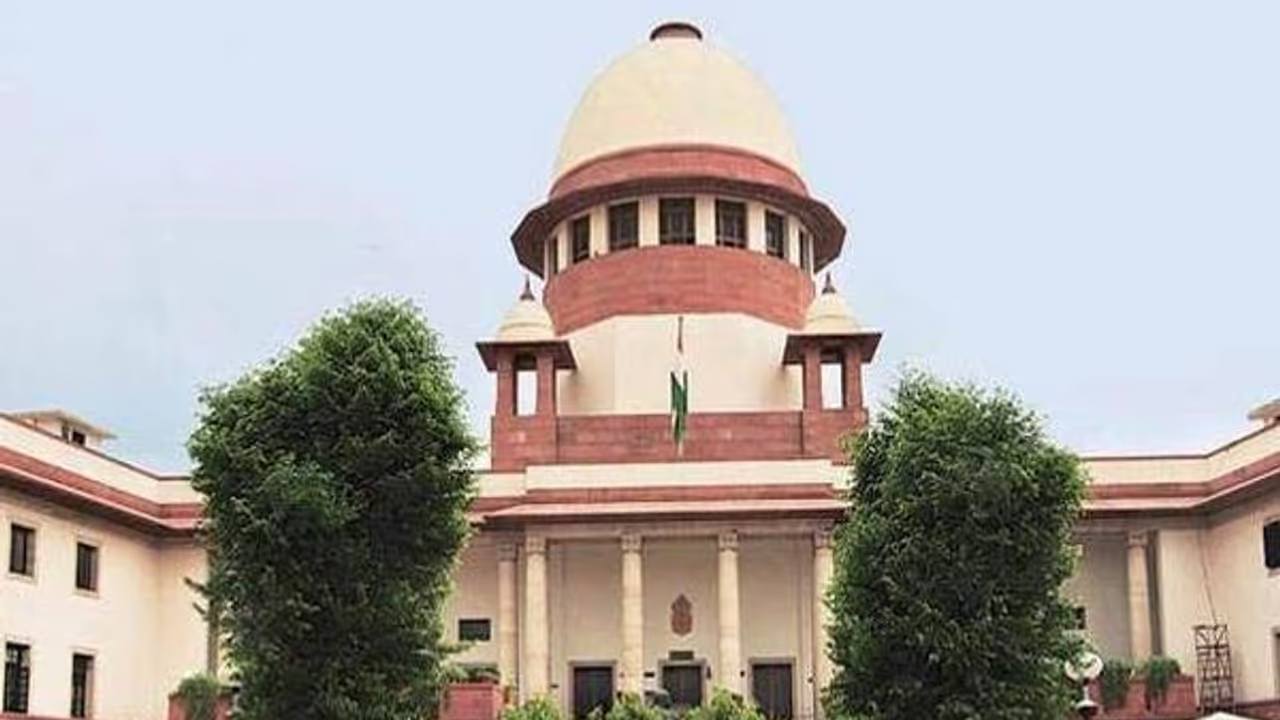The Supreme Court, while regarding the Pegasus spyware case, the bench observed that merely possessing spyware for national security is not problematic; the concern lies in how and against whom it is deployed.
New Delhi: During a hearing on the Pegasus spyware case, the Supreme Court on Tuesday remarked that there is nothing inherently objectionable about a country owning spyware for national security purposes. The real issue, the Court said, concerns the manner and targets of its use.

A bench comprising Justices Surya Kant and N Kotiswar Singh was hearing a series of writ petitions filed in 2021, which demand an independent investigation into allegations that journalists, activists, and politicians were subjected to surveillance through the Israeli spyware Pegasus.
During the hearing, Senior Advocate Dinesh Dwivedi (representing some petitioners) informed the bench that the core issue in the case was whether the Government of India possessed and was utilizing the Pegasus spyware.
“The basic issue is whether they have this spyware or whether they purchased it or not. If they have it, there is nothing to prevent them from using it continuously even today. So even if it comes to the fore that my clients were not hacked...”
Interjecting Dwivedi, Justice Kant said, as quoted by Live Law, "What is wrong if the country is using the spyware. To have a spyware, there is nothing wrong. Against whom it is used it is the question. We cannot compromise or sacrifice the security of the nation."
Solicitor General of India Tushar Mehta said, "Terrorists cannot claim privacy rights." Justice Kant added, “A civil individual who has the right to privacy will be protected under the Constitution.”
The bench postponed the hearing until July 30, 2025, granting the petitioners the opportunity to submit a judgment from a U.S. court in a case filed by WhatsApp against Pegasus.
Justice Surya Kant further clarified that the Court would not permit the disclosure of information related to national security, but details concerning individuals could be revealed. SG Tushar Mehta mentioned that it was unclear whether the individuals who were asked to submit their devices to the Committee had complied.
The petitioners include Advocate ML Sharma, journalists N Ram and Sashi Kumar, CPI(M) Rajya Sabha MP John Brittas, five Pegasus targets( Paranjoy Guha Thakurta, SNM Abdi, Prem Shankar Jha, Rupesh Kumar Singh and Ipsa Shataksi), social activist Jagdeep Chhokkar, Narendra Kumar Mishra and the Editors Guild of India.
The Central Government had refused to reveal whether it had used the Pegasus spyware, citing national security concerns. However, the Court rejected this defense, asserting that merely invoking national security cannot shield the State from scrutiny. The Court also dismissed the Centre's suggestion of forming a technical committee, emphasizing that an independent committee was essential to ensure an unbiased investigation.
In 2022, the Court reviewed a sealed report submitted by the independent committee. The report indicated that malware was found on 5 out of the 29 devices submitted for examination, though it remained uncertain whether the malware was specifically Pegasus.
The Pegasus controversy first came to light in 2021 when The Wire and several other international media outlets published reports identifying mobile numbers potentially targeted by the spyware provided by the NSO Group to various governments, including India.
(With inputs from Live Law)


